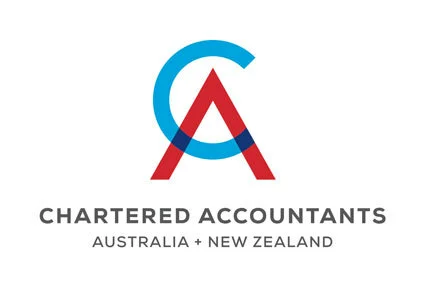Big win for a Taxpayer against the ATO – But more to come!

An extremely important decision of the Administrative Appeal Tribunal (AAT) was made on 28 September 2023. The issue in this tax case debated one of the most controversial tax issues for small and medium enterprises (“SME”) over the past 13 years. The issue in the case was whether an “unpaid present entitlement” owed to a private company by a trust was a loan for the purposes of Division 7A in the 1936 Tax Act.
Trusts have beneficiaries. Beneficiaries, in most cases, are entitled to distributions of income from the trust. For a discretionary trust, the Trustee of the trust must decide by 30 June each financial year which beneficiaries are to receive distributions of income for that financial year.
In many structures of SMEs, the business or investment operation is conducted from a trust. A beneficiary of the trust can be a private company. The trust may distribute some or all of a particular year’s income to a private company. However, the amount distributed may not be actually paid into the bank account of the company. Instead, the trust may hold the amountin its own investments.
When the amount of the distribution is not paid to the beneficiary company, this is referred to as an “unpaid present entitlement” (“UPE”).
Since December 2009, the ATO has treated UPEs owed to private companies by a trust as a “loan” for the urposes of Division 7A. This means that the amount of the “loan” can be deemed by the tax law to be an unfranked dividend paid to the trust. When the trust distributes this unfranked dividend, the beneficiaries of the trust are taxed on the dividend fully as there are no franking credits attached to the dividend.
Prior to December 2009, the ATO had always treated UPEs, as mentioned above, as not being loans for Division 7A purposes. The change of view by the ATO was very controversial at the time and attracted widespread criticism. Nevertheless, the ATO pressed ahead with its view and, for the most part, the SME community complied with the ATO’s changed view.
This meant that such UPEs were either paid out in cash to the private company or the UPE was placed on a complying Division 7A loan agreement. Such agreements require payment of principal and interest each year. It can be the case that the interest payable by the trust under such agreements is not tax deductible while the interest received by the private company is always assessable income.
Mr Steven Bendel decided that he would challenge the changed view of the ATO. He is the first person to do so in a Tribunal or a Court. Due to the controversial nature of the issue, the AAT decided to appoint two members of the AAT to decide the case. This is unusual as there is normally only one member appointed.
The two members of the AAT, who are both very experienced tax lawyers, took 11 months to produce their decision. This was an unusually long time. This, no doubt, reflected the depth of the consideration that the two AAT members gave to the issue.
The AAT decided that the changed view of the ATO regarding UPEs and the application of Division 7A was wrong. The AAT held in favour of the taxpayer, Mr Bendel. The UPEs between his trust and his private company were considered not to be loans to which Division 7A could have application.
If this decision of the AAT stands, it will represent, possibly, the most important decision of the AAT ever. Most people outside the ATO thought the changed view of the ATO was wrong but it was not until Mr Bendel had the courage (and money!) to contest the ATO’s views that it was ever challenged.
The ATO has appealed the decision of the AAT to the Federal Court. We will now have to wait for the Federal Court hearing and its decision before anything more conclusive can be said about this issue which affects hundreds of thousands of SME structures.







